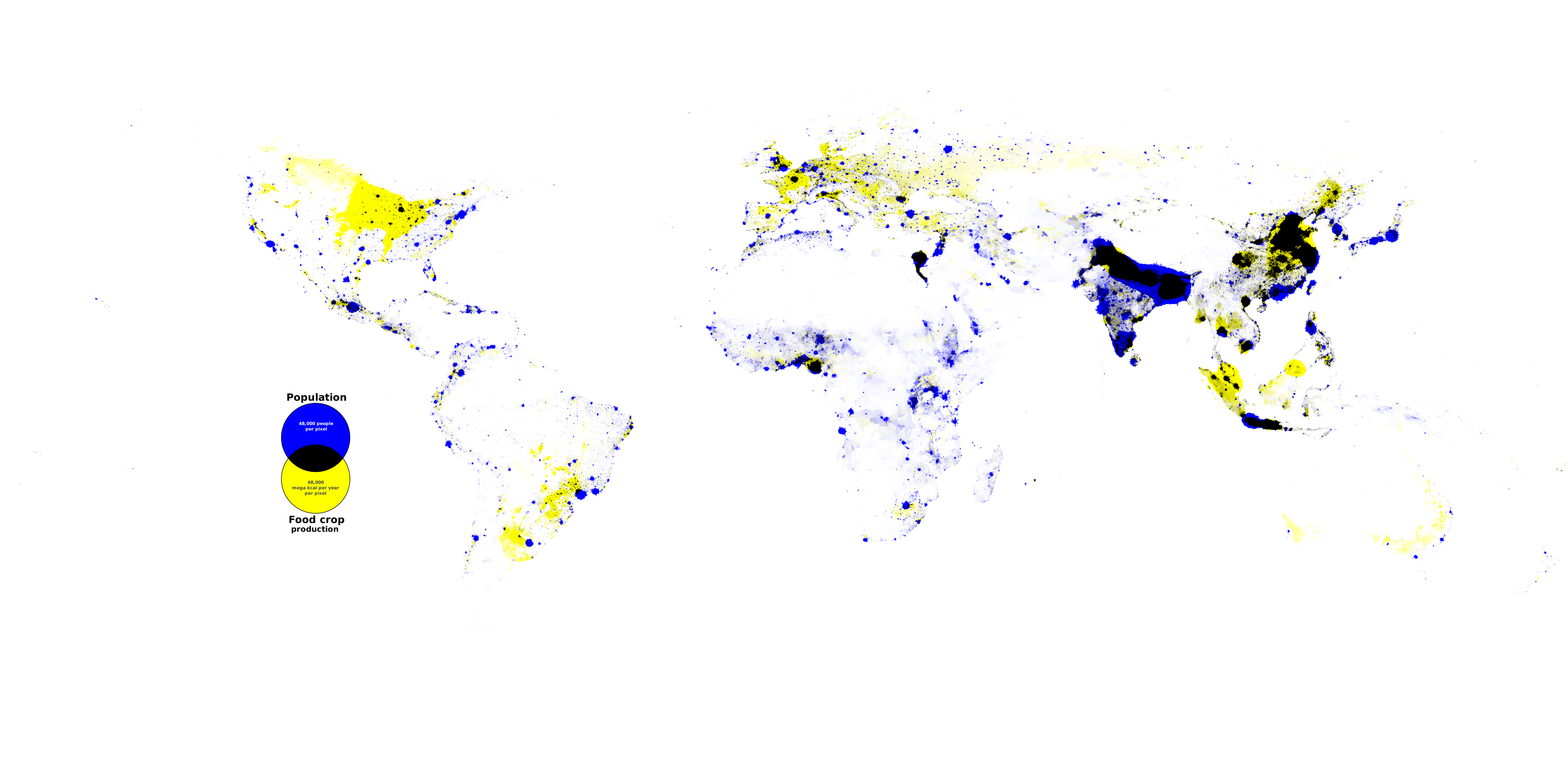Local food: Difference between revisions
(Created page with "Some say that local food is better for the environment, because less fuel is needed to ship it. ==Analysis needed== ===Food transportation footprint=== In which cases does local food actually save fuel, and in which cases does it actually use more? Consider economies of scale in shipping. ===Food production footprint=== Does food production actually consume a lot more energy than transport? If so, maybe there are some places where the same food can be produced more...") |
No edit summary |
||
| Line 3: | Line 3: | ||
==Analysis needed== | ==Analysis needed== | ||
===Food transportation footprint=== | ===Food transportation footprint=== | ||
In which cases does local food actually save fuel, and in which cases does it | In which cases does local food actually save fuel, and in which cases does it use more? Consider [[economies of scale]] in shipping. | ||
===Food production footprint=== | ===Food production footprint=== | ||
Does food production | Does food production consume more energy than transport? If so, maybe there are some places where the same food can be produced more energy-efficiently - and it would be greener to produce the food there, even if it's less local. | ||
===Perishable vs non-perishable foods=== | ===Perishable vs non-perishable foods=== | ||
Non-perishable foods can be shipped more slowly, which can save fuel in some cases. Also, if food is dried or concentrated, | Non-perishable foods can be shipped more slowly, which can save fuel in some cases. Also, if food is dried or concentrated, then the same food has less weight to transport. | ||
===Existing farm land== | ===Existing farm land=== | ||
We want to use existing farm land, not destroy more forests/habitats just to farm somewhere else. Is the most productive farm land close to where people actually live? | We want to use existing farm land, not destroy more forests/habitats just to farm somewhere else. Is the most productive farm land close to where people actually live? | ||
[[File:map-population-foodProduction.png]] | [[File:map-population-foodProduction.png]] | ||
Revision as of 18:10, 18 May 2022
Some say that local food is better for the environment, because less fuel is needed to ship it.
Analysis needed
Food transportation footprint
In which cases does local food actually save fuel, and in which cases does it use more? Consider economies of scale in shipping.
Food production footprint
Does food production consume more energy than transport? If so, maybe there are some places where the same food can be produced more energy-efficiently - and it would be greener to produce the food there, even if it's less local.
Perishable vs non-perishable foods
Non-perishable foods can be shipped more slowly, which can save fuel in some cases. Also, if food is dried or concentrated, then the same food has less weight to transport.
Existing farm land
We want to use existing farm land, not destroy more forests/habitats just to farm somewhere else. Is the most productive farm land close to where people actually live?
